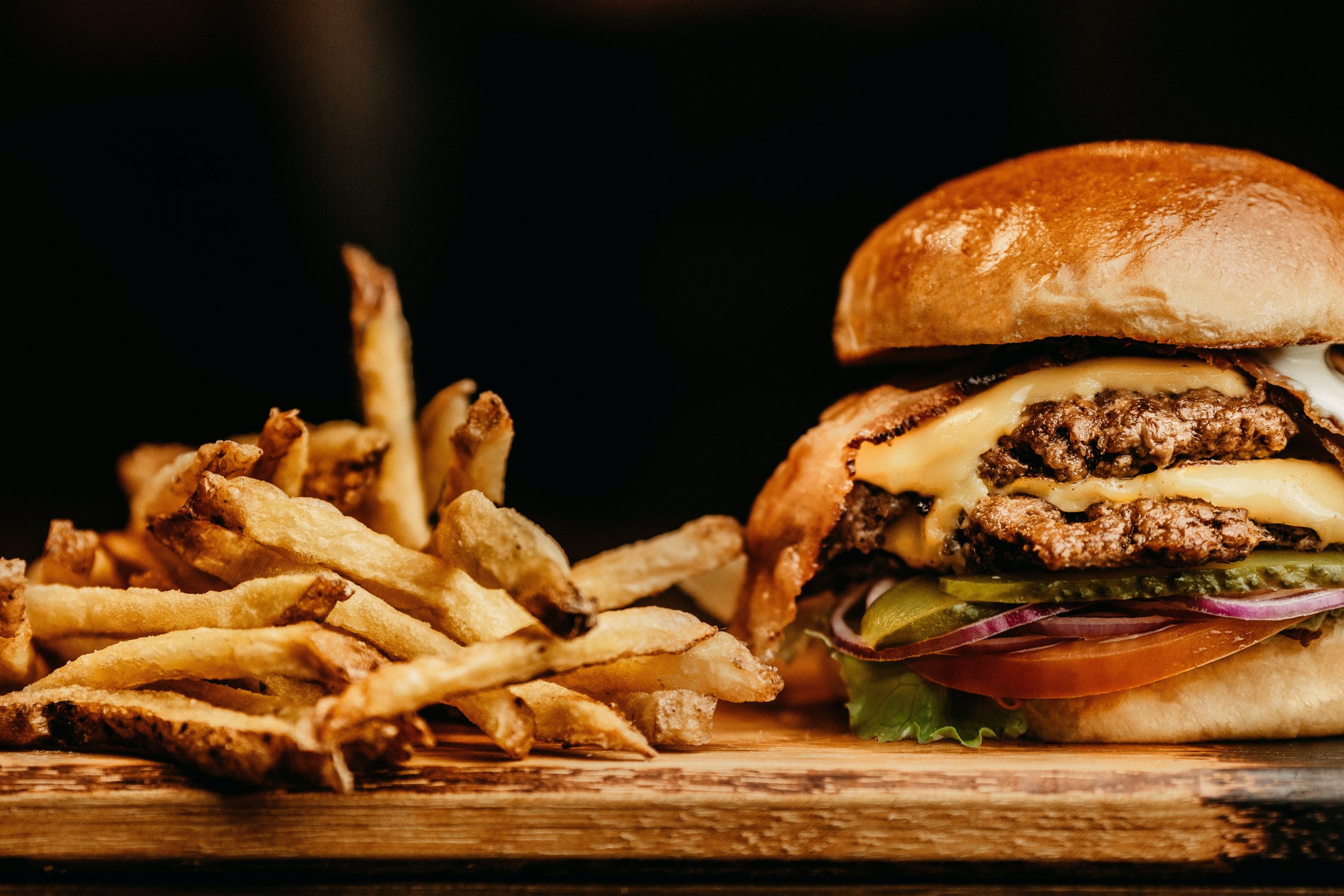The study highlights the need to be mindful of what we eat and how it affects our bodies and brains.
Junk food is notorious for its addictive qualities and ability to make us crave more. But have you ever wondered, why?
According to a recent study, eating food high in sugar and fat rewires our brains to unconsciously prefer delicious but unhealthy treats.
Researchers at the Max Planck Institute for Metabolism Research in Cologne and Yale University found that our brains learn to prefer foods such as sweets, chocolate, cake, cookies and chips and respond positively when fed them.
The study concluded that our brains learn to subconsciously prefer and crave these fatty and sugary foods, even when we stop eating them.
The study led by Dr. Marc Tittgemeyer measured the brain activity of a group given a dessert high in fat and sugar each day for two months alongside their normal diet.
A control group received a daily dessert which contained the exact same amount of calories but less fat. The brain activity of the volunteers in both groups was measured before and during the eight-week experiment.
They found that the brain reactions of those given the pudding with high fat significantly increased after eight weeks, particularly activating the region responsible for motivation and reward and releasing dopamine.
Dopamine releases give us a sense of pleasure and the motivation to do something when we’re feeling such pleasure. Every time we do something we enjoy, such as eating food we like or exercising, small amounts of dopamine are released into our brains.
The study team observed that the brain’s responses to sugar and fat-rich foods in the group that ate the daily high-fat and sugar dessert were greatly increased after the eight weeks. This increased activity especially activated the “dopaminergic” system, which releases the feel-good hormone in the part of the brain responsible for motivation and reward.
“Our measurements of brain activity showed that the brain rewires itself through the consumption of chips and [other junk food]. It subconsciously learns to prefer rewarding food. Through these changes in the brain, we will unconsciously always prefer the foods that contain a lot of fat and sugar,” says Dr. Tittgemeyer.
The preference for sugary and fatty foods in the test group did not lead to any significant weight gain or changes in blood values, including blood sugar and cholesterol levels.
However, Dr. Tittgemeyer and his team believe the preference for unhealthy foods will continue after the study, as the brain neglects to forget it enjoys unhealthy foods.
“New connections are made in the brain, and they don’t dissolve so quickly,” Dr. Tittgemeyer says. “After all, the whole point of learning is that once you learn something, you don’t forget it so quickly.”
The findings of this study suggest that our tendency to eat high-fat and high-sugar foods may be innate or develop as a result of being overweight. Still, the brain learns this preference through the cerebral activity, such as dopamine release, that we experience when we eat them.
It is important to note that this study only lasted for two months, and the long-term effects of consuming junk food regularly are still unknown.
However, it does highlight the need to be mindful of what we eat and how it affects our bodies and brains. While indulging in a sweet treat every once in a while is perfectly fine, it is essential to maintain a balanced diet for overall health and well-being.







